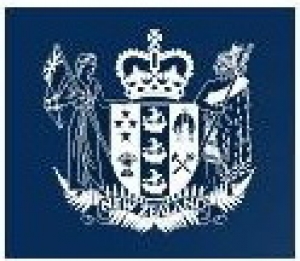The Solutions for dairy sector
Regulatory Change To Support Domestic Market

The Ministry of Agriculture and Fisheries (MAF) has called for submissions on its discussion document Review of Raw Milk Regulations. Fonterra has welcomed the review, and made its submission public.
The co-operative has proposed changes aimed at:
- ensuring processors who supply dairy products to New Zealand consumers continue to get their proper share of regulated raw milk
- preserving domestic competition
- getting rid of outdated rules that are being “gamed” to the advantage of some processors exporting products and profits offshore.
Fonterra Director John Monaghan says when the Raw Milk Regulations were developed in 2001, support for competition in domestic dairy markets was considered vital. The Regulations were designed so that food and beverage producers who did not have their own farmer-suppliers were able to buy raw milk at a regulated price.
“In 2001, protecting an entrance pathway for independent processors into the raw milk market was considered to be valid. But times have changed – and the Regulations no longer work that way."
“There are now six large commodity dairy exporters in NZ – Tatua, Westland, Open Country, Synlait, Miraka, and NZ Dairies - who have their own milk supply and compete with Fonterra in export markets."
“These large commodity exporters now collect around two billion litres a year from their own suppliers."
“Yet they are still allowed to take the majority of regulated raw milk for use in commodity export products. That’s creating real pressure on the volumes left for processors who supply the domestic market, and risks crowding them out because they don’t have their own raw milk supply."
“The Regulations that were supposed to foster competition are now having the opposite effect.”
In addition, Mr Monaghan says there is evidence that some of the large commodity exporters are gaming the Regulations to get around the current cap on volumes of regulated raw milk available to each independent processor.
By contracting “virtual” processors, they buy additional volumes of regulated milk above their entitlement and have it made into export products.
“It’s anti-competitive, and Fonterra is challenging the practice through the courts. In the meantime, we are saying that MAF should address the gaming issue now as part of its review rather than wait for a court judgement.”
Fonterra’s submission seeks two immediate changes to the Raw Milk Regulations by introducing:
- eligibility criteria that would see large commodity processors with their own established milk supply excluded from regulated milk
- a “no gaming” principle which would prevent large commodity processors from accessing regulated milk in the future.
Addressing eligibility and “gaming of the system” will address 90% of the current problems with the Raw Milk Regulations, says Mr Monaghan, and restore their original intent: fostering competition in the domestic market.





















